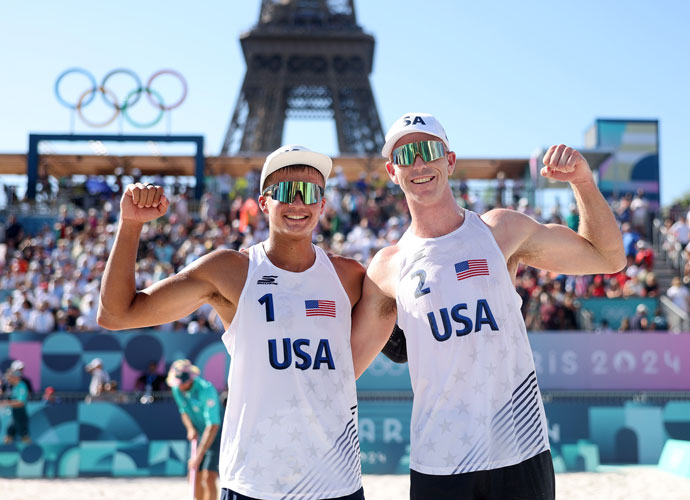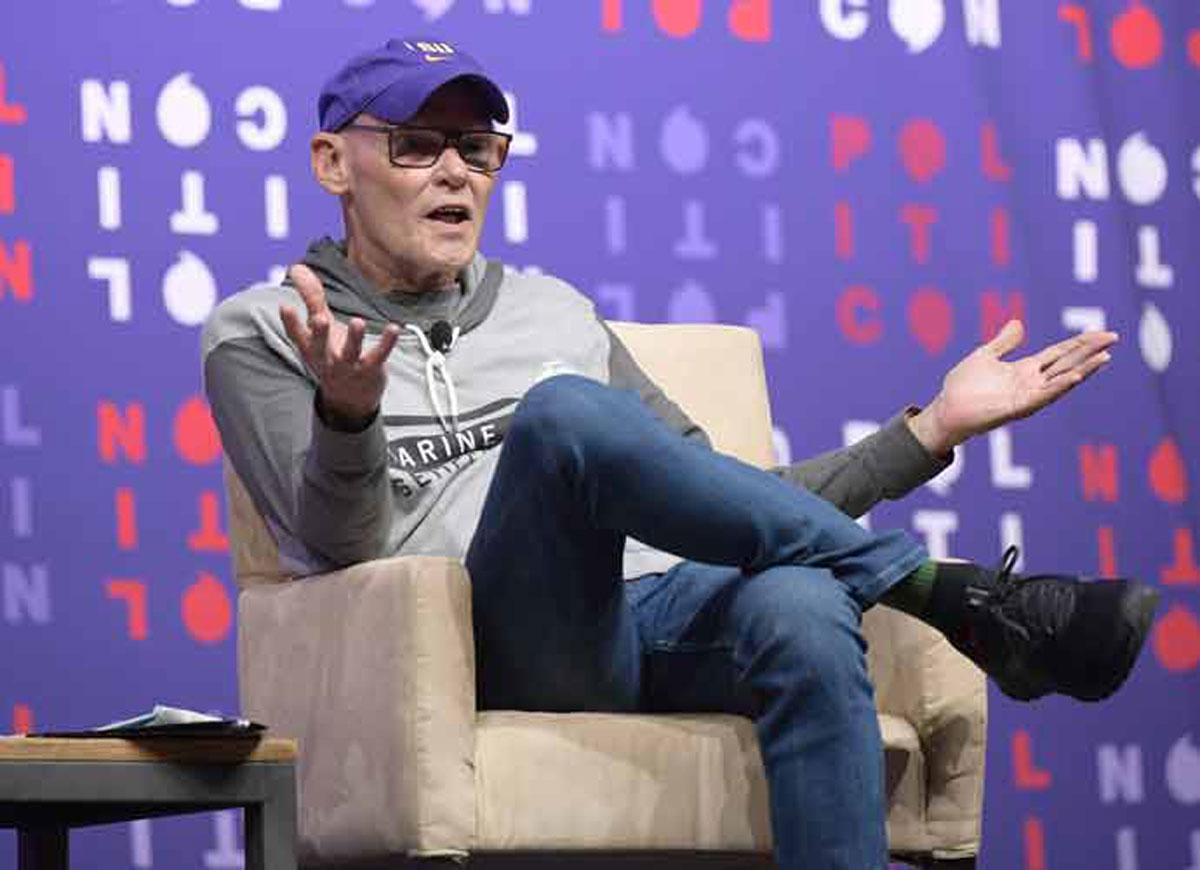Scientists Say Heat Wave During Olympics Is Due To Climate Change
Amid the heat wave during the Paris Olympics, scientists have concluded that the high temperatures would have been “virtually impossible” to reach without man-made climate change over the past month.
A recent World Weather Attribution analysis revealed fossil fuel emissions made the Mediterranean between 2.5 degrees Celsius and 3.3 degrees Celsius hotter, forcing athletes to perform in 35 degrees Celsius weather.
“Yesterday, climate change crashed the Olympics,” climate scientist Friederike Otto posted to X on Wednesday. “If the atmosphere wasn’t overloaded with emissions from burning fossil fuel, Paris would have been about 3°C cooler and much safer for sport.”
Heat conditions in the region over the past few months have killed at least 23 people and prompted forest fires, according to the World Weather Attribution.
“The extreme temperatures reached in July would have been virtually impossible if humans had not warmed the planet by burning fossil fuels,” the analysis said.
July 21 was the hottest day ever recorded on the planet, and scientists see no end in sight for global warming.
In June, a new study found that the so-called Doomsday Glacier is melting faster than expected. Using high-resolution satellite radar data from Finland’s ICEYE satellites, University of California, Irvine glaciologists collected evidence on the transgression of warm seawater into the Doomsday Glacier. The ICEYE satellites roved multiple times over small areas of the glacier, allowing smooth and accurate data generation.
“Until now, some of the most dynamic processes in nature have been impossible to observe with sufficient detail or frequency to allow us to understand and model them. Observing these processes from space and using radar satellite images, which provide centimeter-level precision InSAR measurements at daily frequency, marks a significant leap forward,” ICEYE Director of Analytics and co-author Michael Wollersheim said in a statement.
RELATED ARTICLES
Get the most-revealing celebrity conversations with the uInterview podcast!







Leave a comment